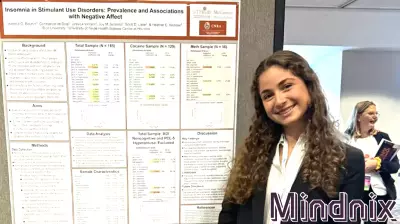Global Discontent with Taxation: A Call for Cultural Change
April 16, 2025 - 17:22

Across the globe, a common sentiment resonates among citizens: a deep-seated aversion to paying taxes. This widespread discontent often stems from feelings of lost control and diminished trust in governmental institutions. Many individuals perceive taxes as a necessary burden, leading to frustration and resentment towards the systems that enforce them.
As societies evolve, there is an increasing recognition that cultural shifts can play a pivotal role in reshaping attitudes towards taxation. By fostering a culture of transparency and accountability, governments can rebuild trust and encourage a more positive outlook on tax contributions.
Engaging citizens in discussions about how tax revenues are utilized can help demystify the process and highlight the benefits that taxes provide, such as public services and infrastructure. Ultimately, embracing a cultural change that emphasizes collaboration and understanding may lead to a more harmonious relationship between taxpayers and the state.
MORE NEWS

February 25, 2026 - 00:30
Rewired: How the Digital World Reshapes the Human BrainThe impact of our digital lives on the brain is a complex tapestry, not a simple story of harm or benefit. Emerging perspectives suggest that digital engagement, particularly among the young,...

February 24, 2026 - 00:52
Day in the life: Health sciences senior follows research toward clinical psychologyIsabella Bourtin, a health sciences senior, exemplifies the determined focus required to navigate a significant academic shift. Once firmly on the pre-med track, she has successfully pivoted her...

February 23, 2026 - 01:31
Toxic People Makes Us Age FasterThe emotional toll of difficult relationships is well-documented, but new research indicates the damage may be more than skin deep, potentially accelerating the biological aging process. A recent...

February 22, 2026 - 01:17
From Psychology to the Runway, Purpose Takes Center StageFor Lisa Jacovsky, a recent runway appearance during New York Fashion Week was far more than a fashion statement. Recognized as a `Queen of Impact` on the catwalk, the moment served as a powerful,...